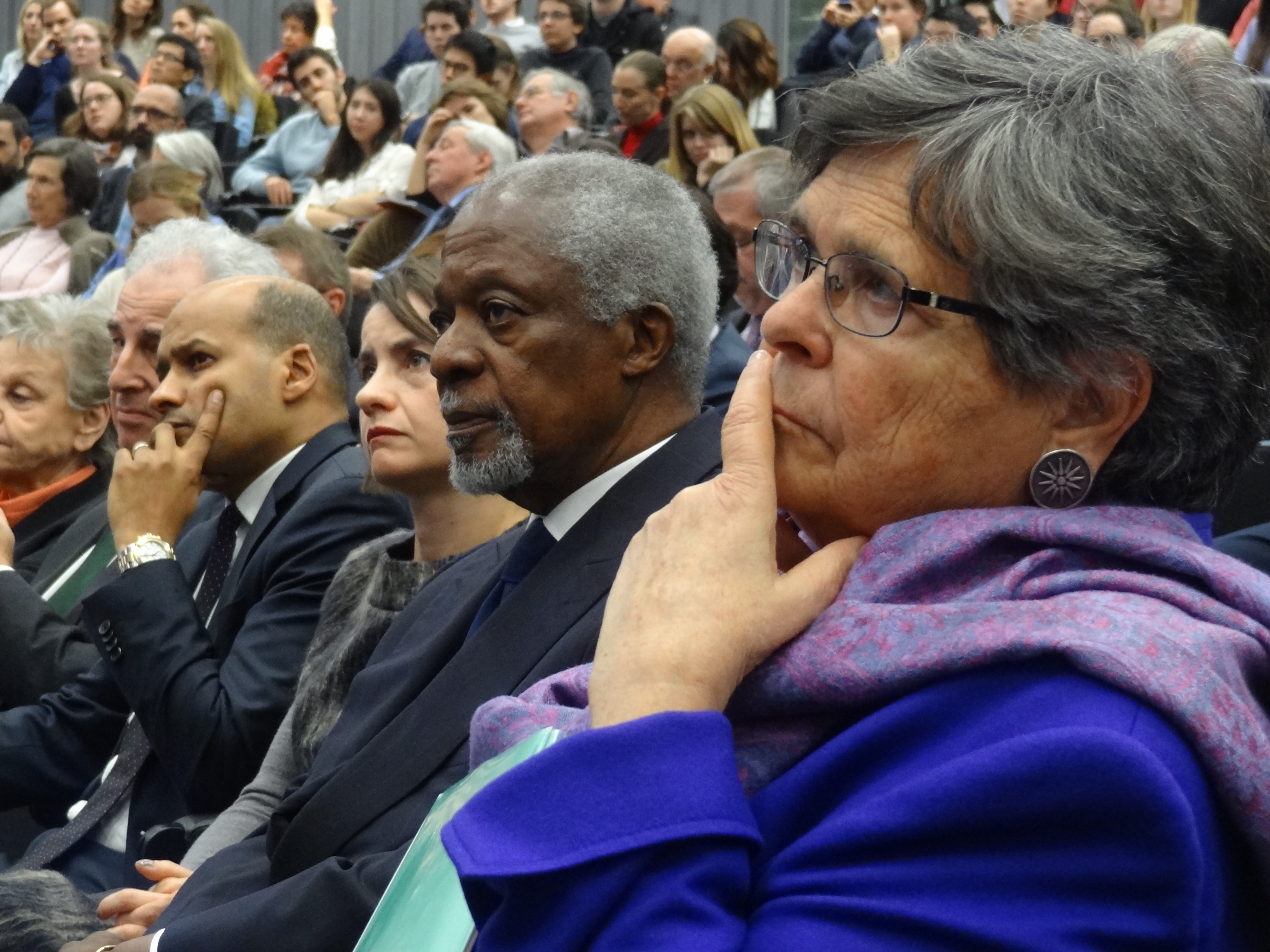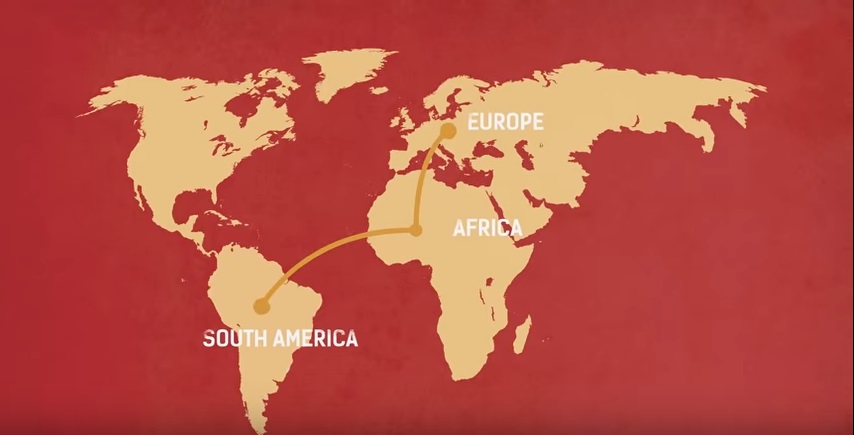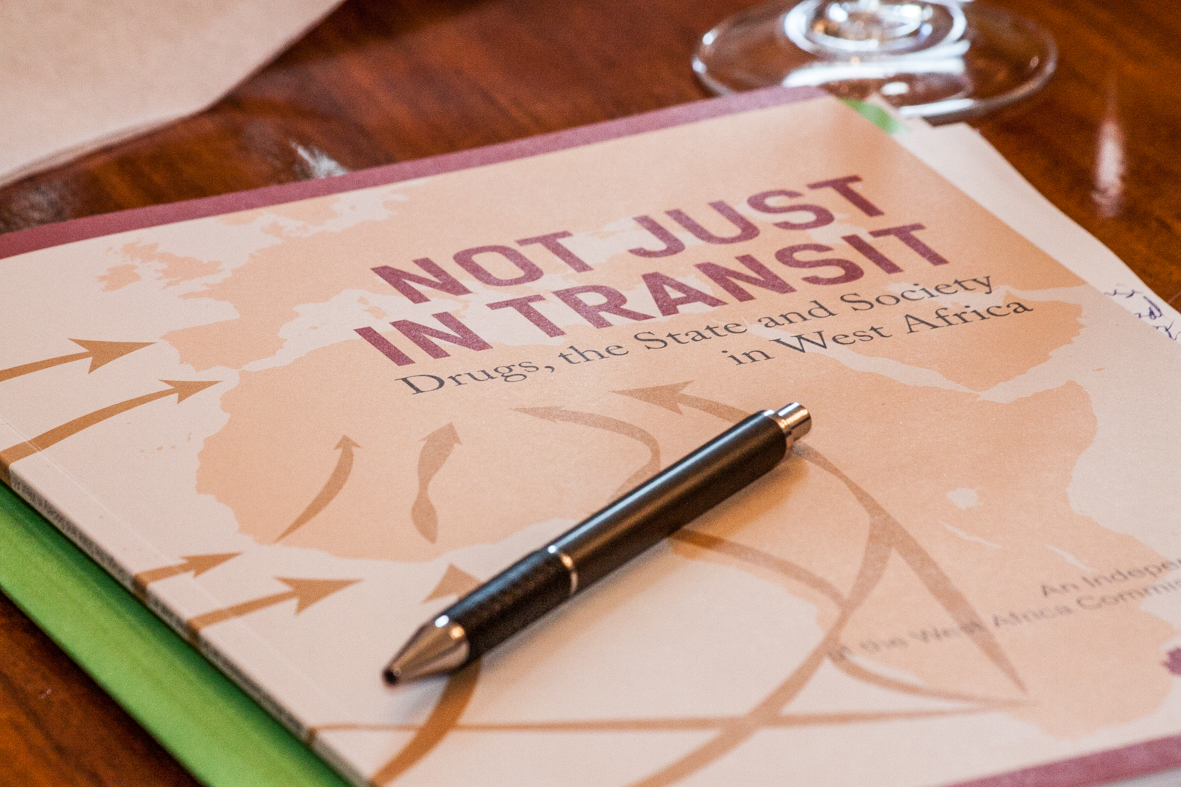West Africa Commission on Drugs
Concerned that increasing drug trafficking and consumption pose serious threats to peace and stability in West Africa, in January 2013, Kofi Annan convened the West Africa Commission on Drugs (WACD) to study the issue, with a view to putting it on the political agenda and marshalling more effective policy responses.
The Commission includes 11 regional leaders from the political world, civil society, the health sector, security and law enforcement, and the judiciary. It is chaired by Olusegun Obasanjo, former President of Nigeria.
The report “Not Just in Transit: Drugs, the State and Society in West Africa” was launched on 12 June 2014 in Dakar and received broad media attention.
Its main conclusion are:
• West Africa is no longer only a transit zone for drugs. Drugs are having a profound and disturbing effect on the stability of countries in the region and their development prospects;
• West Africa is ill prepared for this assault on its societies. Institutions of governance and justice are still quite fragile and vulnerable to penetration by organized crime and drug money;
• Health systems in the region do not have the means or capacity to offer adequate prevention, treatment or harm reduction services to drug users;
• Illicit drugs are an international problem that cannot be solved by West Africa alone.
The report sets forth several policy recommendations that seek to address these urgent political, social and economic challenges for West Africa. Among them:
• Treat drug use as a public health issue, rather than as a criminal justice matter;
• Confront openly the political and governance weaknesses, which traffickers exploit;
• Reform drug laws on the basis of existing and emerging minimum health standards and pursue decriminalization of drug use and low-level, non-violent drug offences;
• Strengthen law enforcement for more selective deterrence, focusing on high-level targets;
• Avoid militarisation of drug policy and related counter-trafficking measures of the kind that some countries have applied at great cost without reducing drug supply;
• Intensify cooperation between producing, transit and consuming countries not only on interdiction but also on prevention, treatment and harm reduction.
Tackling West Africa’s drug problems in an effective and timely manner will require the active engagement and strong commitment of leaders and civil society in West Africa and in major producer and consumer countries to ensure that societies everywhere are adequately informed and protected. The report serves as a step towards greater public awareness needed for this to happen, as well as opening the public debate. The WACD is now working on an advocacy and outreach campaign.
Advocacy and Outreach: Disseminating the Recommendations of the West Africa Commission on Drugs
To visit the West Africa Commission on Drugs website, click here.



